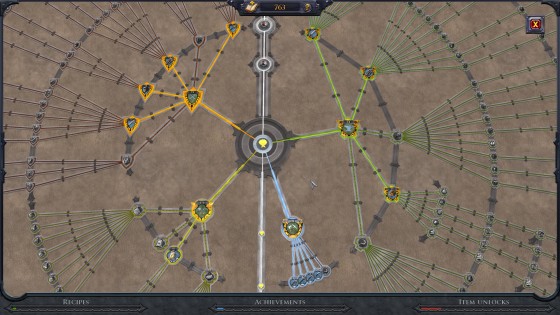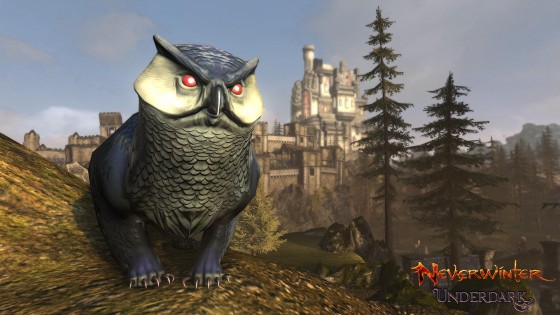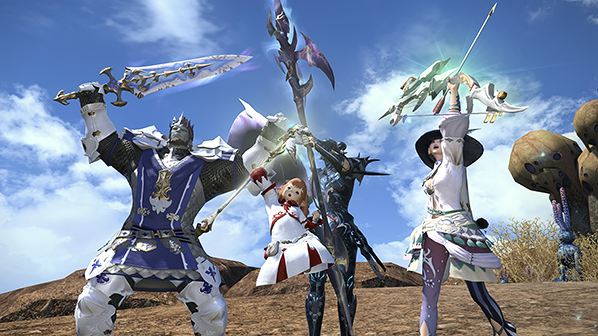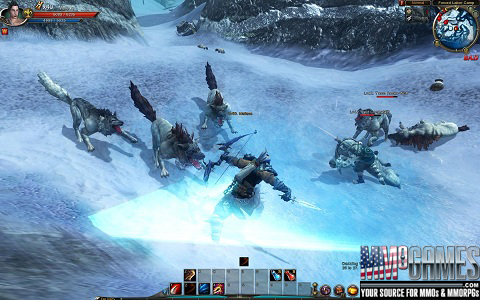

We have seen technology evolve and develop through these years. Bringing many things that people don't have many years back. And one of these things is virtual worlds provided by the internet.
Often referred to as a “fantasy world”, it is, in fact a new genre in online community. Forums, blogs, chat rooms, social networking, and online games are products of man’s ingenuity to create their own world with their own rules, own topics and where they are in control of almost everything.
Although it is true that engaging on these virtual worlds has its own pros and cons, what concerns us more is the fact that these appeal to the younger mass. Online games for example are very popular among kids and teens. Online games (in whatever type or form) have become your kid’s virtual world. Stating these fact lead us to a question: What pulls children to online games?
1.#It’s play time! - Kids consider playing video games as a “play”. In a game, children participate in an activity voluntarily rather than being forced to do so. Kids play for delight and enjoyment. This is where they get imaginative since online games are governed by rules different from the real world’s “fixed rules.”
Which brings us to…
2.#A dream world – because the gaming world has special rule systems, kids often find themselves in a world they only see in movies. But in a kid’s virtual world, they are not only a part of that world, they live in that world. Fantasy-related elements are present in any online game. Here you can find heroes, villains, go shopping, battle monsters and bringing order from chaos, having your own avatar, collecting jewels, dressing your own pet, designing your own village, owning a farm, managing your own store... and much more! Children often wish of becoming a superhero, having super powers, rescuing the world, and then withdraw the dream because it can never happen in the real world. Well, possibility is endless in the virtual world. On online games, giddy children can do whatever they want. And be whoever they want to be. It is a cool escape from their constructed reality.
3.#Playing for Rewards - reinforcement and gratification you get while playing makes online games so much fun. A player gets a sense of fulfillment when they get life points, find treasures or gain bonus points and prizes. Called “virtual economy”, Wikipedia states that players are “driven by in-game needs such as equipment, food or trade goods.” What motivates them even more is the fact that you can get these rewards by not just playing once or winning once, but after multiple victories. With a virtual economy, the harder it is to get the reward, the more useful it is in the kid’s virtual world. Thus, the more challenging and fulfilling it is to acquire them.
4. Social Interaction – online games also has underlying social motives. In game where it requires team play, players interact with each other. It allows them to speak and share their knowledge to other participants. In the virtual worlds they find like-minded players they can talk to and share interests with. Scientists at Rochester University surveyed one thousand video game players and found that the psychological need for connection to other players was one of the top three motivators for video-game players.
5.#Mind Exercise – playing online games is a good way to exercise the brain cells! It helps kids explore and discover new things. According to some research, online games enable the mind of the players to be more active, especially those puzzle-based games. It helps the kids to come up with decisions in tight situations, especially those adventure games that keep them alert and strategic. There are also many games whose concept and design teach players about a specific subject, understand an historical event or culture “expand concepts, reinforce development or assist them in learning a skill as they play.”
A study conducted to 1,102 teens shows that almost all kids and teens - 97 percent - play online games, and that the three most popular types of games are not violent. Instead, the virtual worlds your kids are on include racing, puzzles, obstacle courses and sports. With proper guidance and supervision from parents, there is nothing to worry about. We may not like it, or understand it, but there is more to online gaming and our kid’s virtual worlds than smashing potatoes.




 WoW Wednesday: Delivering the Goods .
WoW Wednesday: Delivering the Goods . Eorzean Evening Post: Am I Really That Grumpy? .
Eorzean Evening Post: Am I Really That Grumpy? . MMOs: Give Me The Money! .
MMOs: Give Me The Money! . Continent Of The Ninth Seal (C9) First Impressions .
Continent Of The Ninth Seal (C9) First Impressions . What Will You Do First in Everquest Next Landmark?
What Will You Do First in Everquest Next Landmark?